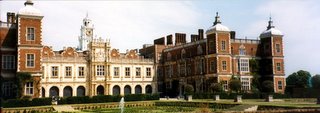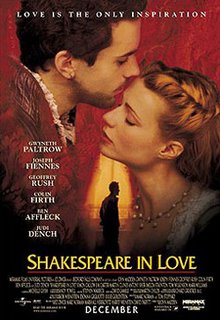Chinese New Year in London, New York and Sydney
 London, one of my favourite cities, is all geared up for a China In London 2006 season, organised by London's Chinatown Chinese Association, the Royal Academy of Arts and Visit London.
London, one of my favourite cities, is all geared up for a China In London 2006 season, organised by London's Chinatown Chinese Association, the Royal Academy of Arts and Visit London.First off this Chinese New Year celebration, the Mayor of London Ken Livingstone officiated at the lighting up ceremony of the huge red Chinese lanterns along the premier shopping Oxford Street. He pronounced, "We want Londoners and the capital's visitors to sample just a little of that vast country's rich cultural history."
The Chinese New Year celebrations proper in London commences with a parade, fireworks, and other festivities in Chinatown, Leicester Square and Trafalgar Square on Sunday, January 29 2006. It also launches the China in London 2006 3-month season, which includes landmark cultural and historical exhibitions at the London museums, performances at the Royal Opera House, Covent Garden, and other programmes. The CNY programmes are organised with support from the Chinese Embassy, Arts Council England, the Mayor of London, Westminster Council, Metropolitan Police and others. (Picture of lantern in Trafalgar Square from BBC website)
More interesting information and news regarding CNY in London are available at the BBC website:
http://www.bbc.co.uk/london/features/events/chinese_new_year/
 Elsewhere, such as in Sydney and New York, CNY festivities are underway, celebrated in style. The New York Empire State Building is specially lit for the occasion, while major fairs, performances and parades are part of Sydney's official CNY celebrations organised by the Sydney city administration. According to the official spokespersons of Sydney city, the Chinese New Year is the second most important and celebrated public holiday there, after New Year's Eve, joined in celebrations by all people. (Picture of Empire State Building from Sina news website.)
Elsewhere, such as in Sydney and New York, CNY festivities are underway, celebrated in style. The New York Empire State Building is specially lit for the occasion, while major fairs, performances and parades are part of Sydney's official CNY celebrations organised by the Sydney city administration. According to the official spokespersons of Sydney city, the Chinese New Year is the second most important and celebrated public holiday there, after New Year's Eve, joined in celebrations by all people. (Picture of Empire State Building from Sina news website.)Article regarding Empire State Building:
http://news.sina.com.cn/w/2006-01-28/14548103367s.shtml
FOOD FOR THOUGHT:
What do you think are the underlying driving forces in the current global recognition of Chinese cultural heritage and festivals?

















